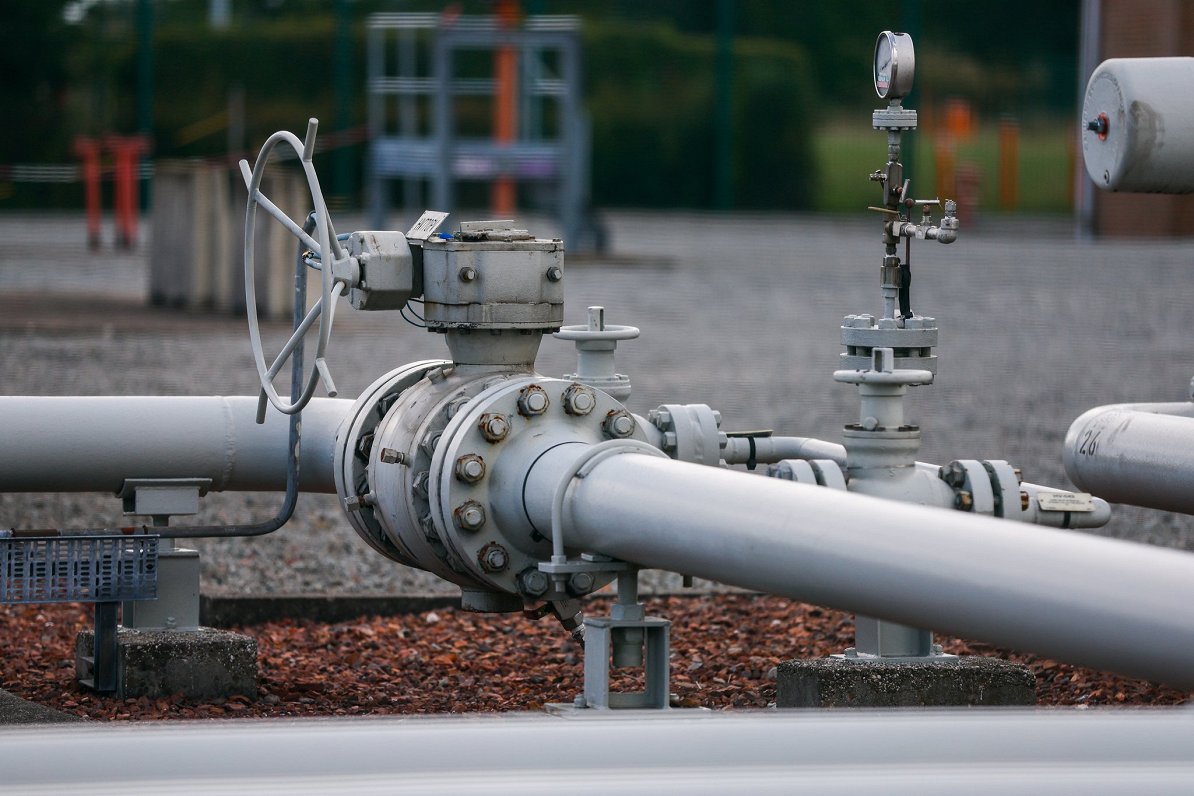The EC encourages the purchase of gas together, so that Member States, competing with each other in gas purchases, do not push the price of gas even higher. This joint procurement, which would be carried out by gas companies and not national governments, will only start in the next gas refueling season.
Currently, gas storages in the European Union are 92% filled. Russia’s share of the imported pipeline dropped to 9%. Europe managed to reduce gas demand by 15% in September. But there are concerns for the winter.
Therefore, the EC calls on Member States to solidarity with gas – to conclude mutual agreements on how to help each other in the event of gas supply disruptions in the winter. Member States would have 12 hours to respond to a solidarity request from another country. On the other hand, it would take three days to fulfill in exchange for adequate compensation.
“Potentially, we should have 40 of these solidarity agreements. We only have six. And this is not enough in the context of a crisis of this magnitude,” stressed EC President Ursula von der Leyen.
The Baltic region is ahead of the rest of Europe in terms of these solidarity agreements.
The European Commission has no recipes to limit high gas prices right now and now. In its proposals, the Commission does not propose an official gas price ceiling, because Member States cannot agree on what such a ceiling could look like, even if the majority want it.
“Finland is open to emergency measures, including a temporary ceiling on the price of gas,” commented Titti Tupurainen, Finnish Minister for European Affairs.
“Croatia strongly supports the European mechanism for determining wholesale gas price ceilings”, underlined Andreja Metelko-Zgombiča, Croatian State Secretary for European Affairs.
Germany and the Netherlands are still opposed to setting a ceiling for the price of gas.
Therefore, the EC proposes a compromise: to introduce a gas price correction mechanism this winter to prevent excessive prices and price jumps on the main European gas exchange (FTT) in the Netherlands, which is directly affected by the price of the pipeline.
“We need to reduce volatility and extreme price increases in the main European gas market,” said the EC president.
The Commission also intends to develop a new gas trading benchmark for liquefied natural gas by April 2023, as it is currently linked to the pipeline price.
CONTEXT:
Already reported that the EC has made proposals to overcome the energy crisis. This will be discussed this week at the European Council, where the leaders of the EU Member States will meet.
The EU expects at least two thirds by the end of the year reduce addiction from Russian gas. Member States are therefore invited reduce natural gas consumption by at least 15%. This would make it possible to better prepare for the winter and provide more gas for storage.
Highlight the text and press Ctrl + Enterto send the text fragment to be corrected to the editor!
Highlight the text and press Report a bug buttons to send the text fragment to be corrected to the editor!


